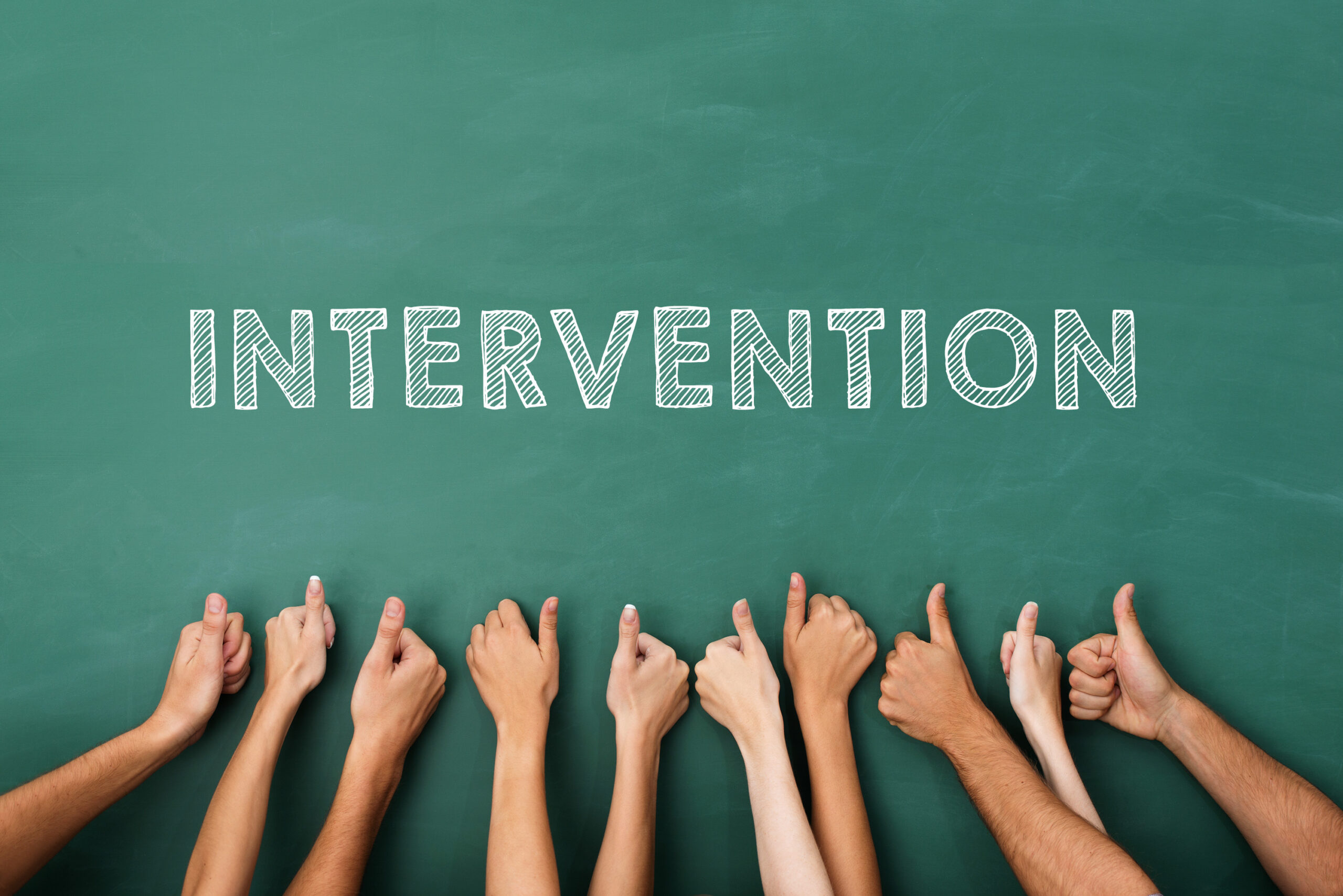Alcohol interventions are critical steps in assisting individuals struggling with alcohol use disorder (AUD). An effective intervention not only addresses immediate concerns but also sets the foundation for long-term recovery. This blog outlines ten expert-recommended strategies for conducting successful alcohol interventions.
1. Education and Preparation
Prior to the intervention, educate yourself and other participants about AUD. Understanding the nature of addiction and its challenges can foster empathy and effective communication.
2. Professional Involvement
Consider involving a professional interventionist. They bring expertise in handling complex situations and can mediate the intervention process effectively.
3. Choosing the Right Time and Place
Timing and setting are crucial. Choose a private, quiet place and a time when the person is sober and more likely to be receptive.
4. A Supportive Approach
Approach the individual with compassion and support, rather than accusations or blame. Emphasize your concern for their well-being and your desire to help.
5. Personalized Communication
Encourage each participant to share personal experiences and feelings. This personal touch can help the individual realize the impact of their behavior on loved ones.
6. Offering Concrete Solutions
Present clear options for treatment and support. This could include information about rehabilitation centers, counseling services, and support groups.
7. Setting Boundaries
If necessary, set boundaries and consequences if the individual refuses help. However, ensure these are reasonable and enforceable.
8. Avoiding Confrontation
While it’s important to be honest, avoid confrontational language which can lead to defensiveness or aggression.
9. Follow-up and Support
Post-intervention, provide continuous support. Whether the individual agrees to treatment or not, maintaining a supportive presence is vital.
10. Self-Care for Participants
Finally, those participating in the intervention should also practice self-care. Dealing with a loved one’s addiction can be emotionally taxing.
Successful alcohol interventions require planning, empathy, and a well-thought-out approach. These strategies, rooted in expert advice and compassionate care, can make a significant difference in encouraging individuals to seek help and start their journey towards recovery.
Remember, each intervention is unique and may not always go as planned. The key is to remain supportive and adaptable throughout the process.
